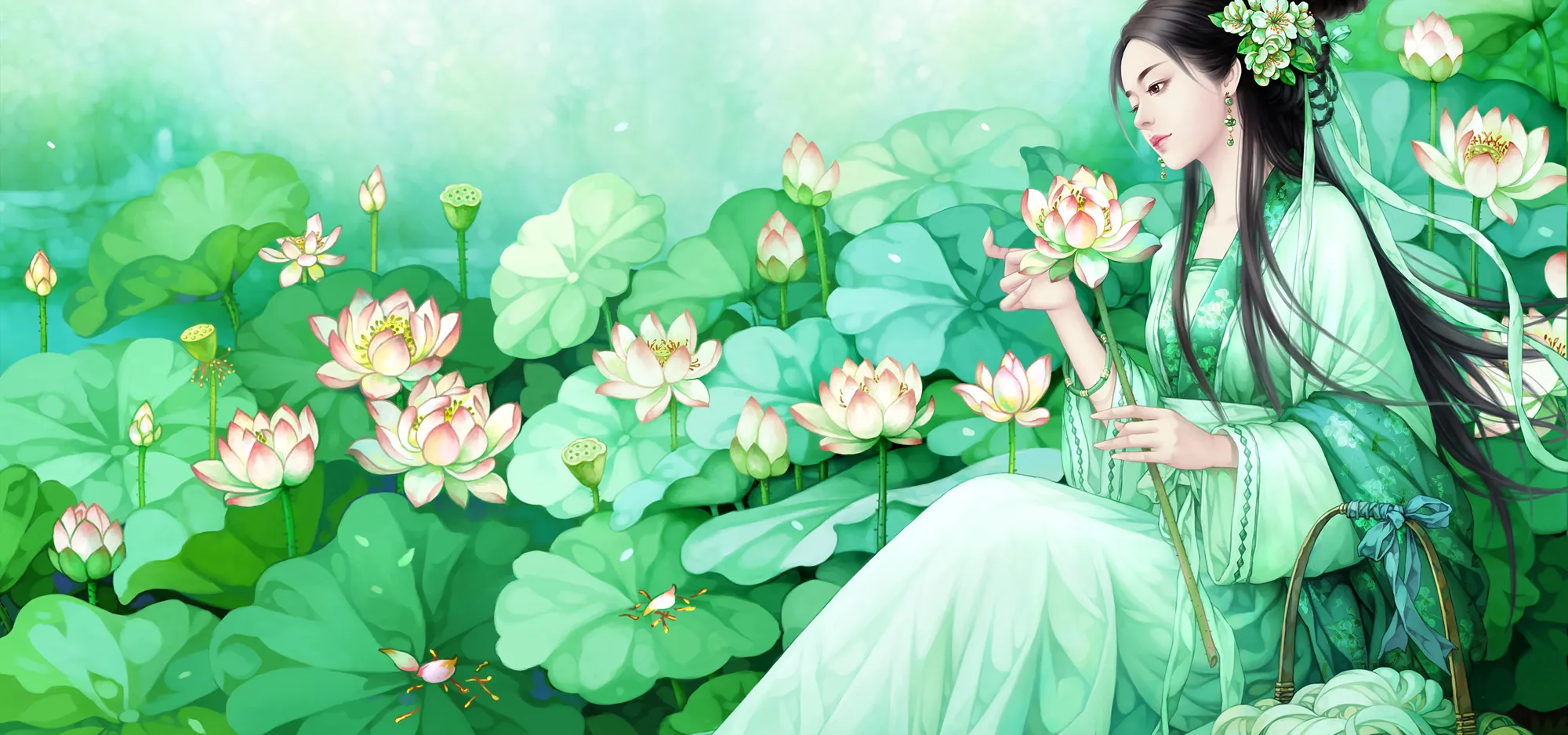Xi Shi, one of ancient China's most beautfiul women, helped Gou Jian King of Yue defeat the State of Wu
In China, comparing a woman to Xi Shi (西施) is considered one of the greatest compliments to her appearance. One of the “Four Great Beauties” of ancient China, Xi Shi is believed to be based on a real woman from what is today’s Zhejiang. Her beauty and star-crossed romance made her a well-known tragic heroine, as well as a synonym for stunning good looks.
Shi Yiguang (施夷光) was born in Zhuluo Village (present-day Zhuji county) of the State of Yue, in the late Spring and Autumn period (770 – 476 BCE). She later became known under the honorifics Xi Shi, “Lady of the West,” and Xizi (西子), since she lived in the westernmost village of her area. Her charm has been praised in numerous literary works throughout history. When she washed clothes by the stream, it’s said her beauty would shame the fish into hiding under water. Her extraordinary ability gave rise to the first half of the idiom 沉鱼落雁 (chényú-luòyàn, to make fish sink and wild geese fall), indicating unparalleled beauty.
Xi Shi is remembered for her alleged role in the decades-long battle between the State of Yue and its neighbor, the State of Wu. In 494 BCE, Gou Jian (勾践), the King of Yue, was defeated by the Wu king Fu Chai (夫差), but managed to sue for peace by bribing a Wu minister. Three years later, Gou Jian, who was taken prisoner by Wu, was released home to Yue after winning Fu Chai’s trust. He then selected a young woman, trained her in music and dance, and presented her to Fu Chai in order to bewitch him and allow Gou Jian to take his revenge. This woman was Xi Shi. The honey-trap worked: Fu Chai was so besotted with Xi Shi’s charms that he was distracted from governance, and spent lavishly on building palaces and other amusements for his lady.
Meanwhile, Gou Jian employed wise ministers and built up his own state. According to the legend, he slept on a pile of straw and tasted bile from a gall he hung in his room every morning to remind himself of his bitter humiliation. This gave rise to the idiom 卧薪尝胆 (wòxīn-chángdǎn , to sleep on firewood and taste gall), meaning to nurse a grudge or strengthen one’s resolve. In 473 BCE, Gou Jian finally destroyed the State of Wu and became the final, most powerful chief of the Spring and Autumn period.
After Wu’s fall, however, Xi Shi’s life is a mystery. Though many people choose to believe that she lived happily in seclusion with her lover Fan Li (范蠡), a former minister of Yue, some legends say that she was drowned by the people of Wu out of hatred, or by Gou Jian, who believed her dangerous beauty may bring the State of Yue down as it did the Wu.
Cover image from VCG
Excerpt taken from Rolling with Zhejiang, TWOC’s new booklet on tourism and language in Zhejiang province available in English, French, German, Russian, Korean, and Japanese. Get your digital copy today from our WeChat Store or iTunes Store!













